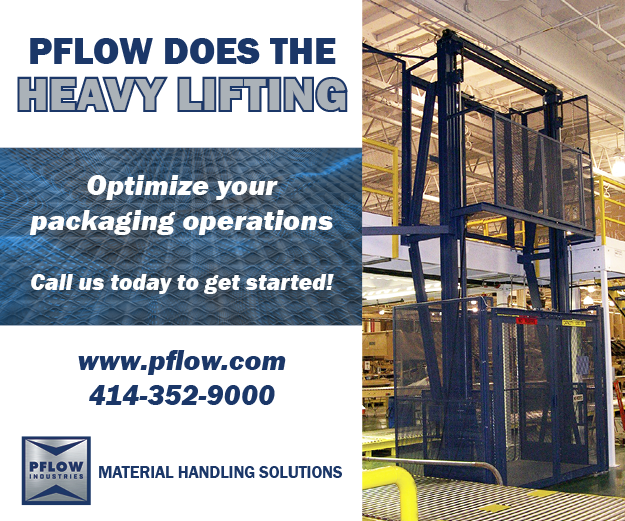Buying Green: Consumers Are Willing to Pay More for Eco-friendly Packaging
Nearly Half Consider Sustainability of Packaging in Purchasing Decisions
By Exal Corporation
 The majority of American consumers care about eco-friendly packaging – and they are willing to pay more for it, according to a new research report by Exal Corporation, in partnership with Boston Consulting Group.
The majority of American consumers care about eco-friendly packaging – and they are willing to pay more for it, according to a new research report by Exal Corporation, in partnership with Boston Consulting Group.
According to the report, more than half (55 percent) of survey participants are willing to pay at least 5 percent more for beverages with eco-friendly packaging. Similarly, 47 percent of respondents are willing to pay at least 5 percent more for personal care products in eco-friendly packaging. Nearly one quarter of consumers are even willing to pay up to 20 percent more for products in environmentally friendly packaging.
 The report shows that the willingness to pay more for earth-friendly packaging is not isolated to one age group, nor is it based on income. Consumers across generations, from Baby Boomers to Millennials, are equally likely to see the value in spending more for eco-friendly packaged products.
The report shows that the willingness to pay more for earth-friendly packaging is not isolated to one age group, nor is it based on income. Consumers across generations, from Baby Boomers to Millennials, are equally likely to see the value in spending more for eco-friendly packaged products.
For consumers, it is as much about what not to buy as what to buy: nearly 60 percent of consumers say they are less likely to buy products in packaging that’s harmful to the environment, and more than one-third (37 percent) say they wouldn’t buy those products at all.
This mirrors the number of consumers who identify themselves as “environmentally aware” (57 percent) and who say it is important to buy products in environmentally friendly packaging (62 percent).
“The research shows us that being green isn’t just a trend,” said Michael Mapes, CEO of Exal.
“Consumers are translating their beliefs into action and are willing to speak with their wallets.”
 Other notable results include:
Other notable results include:
- Nearly half (44 percent) of respondents say the sustainability of packaging is a factor in their product selection
- Millennials (between the ages of 26 and 35) are among the most likely age group to seek information on recyclability and sustainability (48 percent).
- Consumers are more than three and half times more likely to associate plastic with “ocean pollution” and two and a half times more likely to associate plastic with “waste” compared to
- Conversely, consumers are significantly more likely to associate aluminum with recyclability and eco-friendliness than
Despite the beliefs and behaviors around sustainability, a lower than expected percent of respondents correctly identified aluminum as recyclable.
“This research points to the role retailers and manufacturers need to play in the education of the end consumer,” said Mapes. “We are in a position to ensure consumers have the information they need to make an educated decision at the store shelf or online. Additionally, manufacturers, brand owners and retailers need to ensure consumers have the sustainable options for products and packaging that they so clearly desire.”
The survey was conducted by the Boston Consulting Group and includes responses from more than 5,000 U.S. consumers.
To download the full report, visit www.exal.com.







